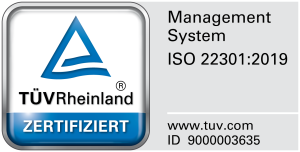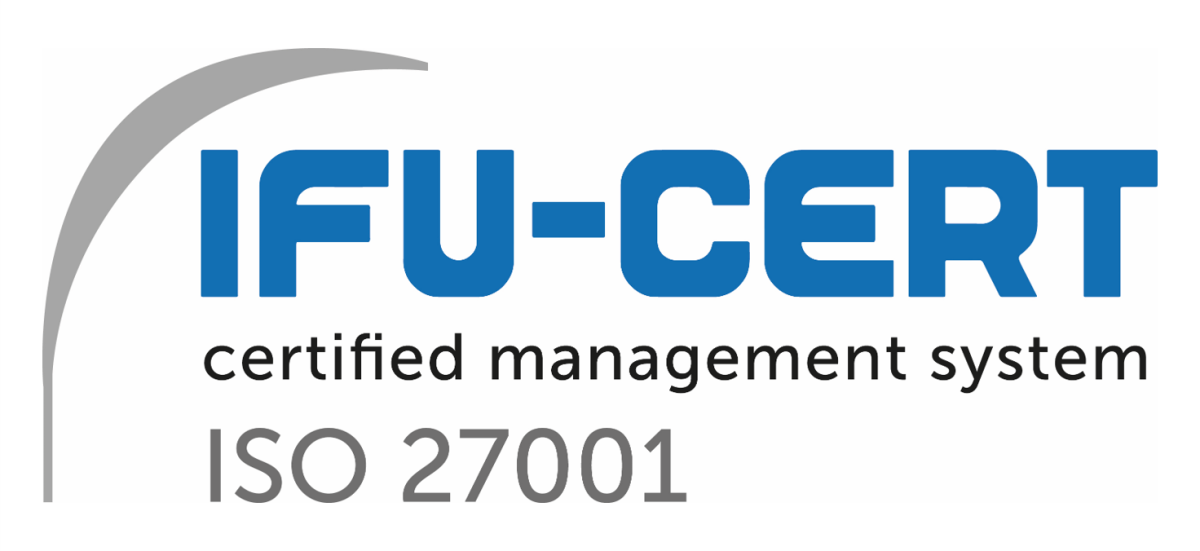Bank Austria – pilot customer for CBT certification
Bank Austria has signed an agreement with Intercope enabling the bank to use the new CBT, InterAct, and FileAct functions of BOX for SWIFTNet currently under development by Intercope (see Announcement-01.pdf). As part of this agreement Bank Austria has commited to perform the customer testing required for the SWIFT certification of these new features of BOX for SWIFTNet.
Bank Austria is currently using BOX for SWIFTNet for the Relationship Management Application (RMA) and to handle messages relating to the Single Euro Payment Area (SEPA). As the graphical user interface for Bank Austria’s SEPA Message Warehouse, BOX for SWIFTNet provides a journal of bulk files and individual SEPA transactions together with reconciliation options and facilities to manually repair erroneous SEPA messages.
Bank Austria plans to use additional standard functions provided by BOX for SWIFTNet to replace their legacy MERVA solution with a state of the art application supporting the latest SWIFT standards and protocols whilst also providing the rich application functionality of MERVA, but based on modern industry standard technologies. The new BOX CBT, InterAct, and FileAct functions will enable Bank Austria to handle all their SWIFT requirements with a single application which includes the lower protocol levels as well as sophisticated application functionality.
Manfred Bibars, SWIFT expert from Bank Austria, states: “We chose Intercope’s BOX for SWIFTNet because it meets our basic rule – a total solution from one source. Also key is our experience with Intercope’s flexible implementation regarding requests and timelines. Last but not least the solution meets our price-performance criteria.” Bank Austria, a member of the UniCredit Group, is the largest bank in Austria with total assets of EURO 207.7 billion and a market share of 88% for large corporate enterprises. Within Austria, the bank provides a network comprising of some 300 offices with about 8,000 employees in addition to its international operations in some 20 countries in Eastern Europe.




